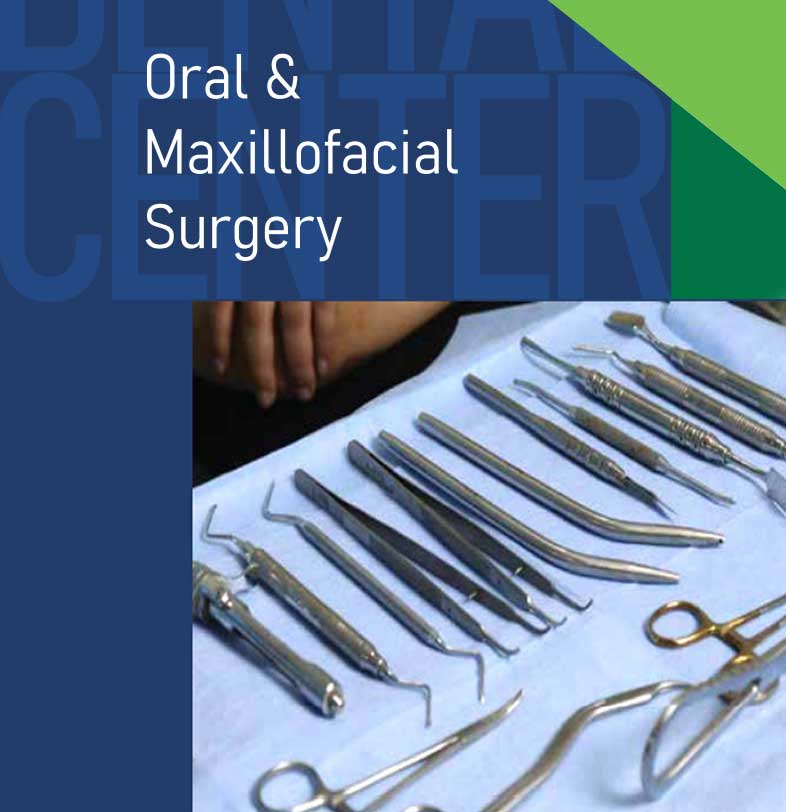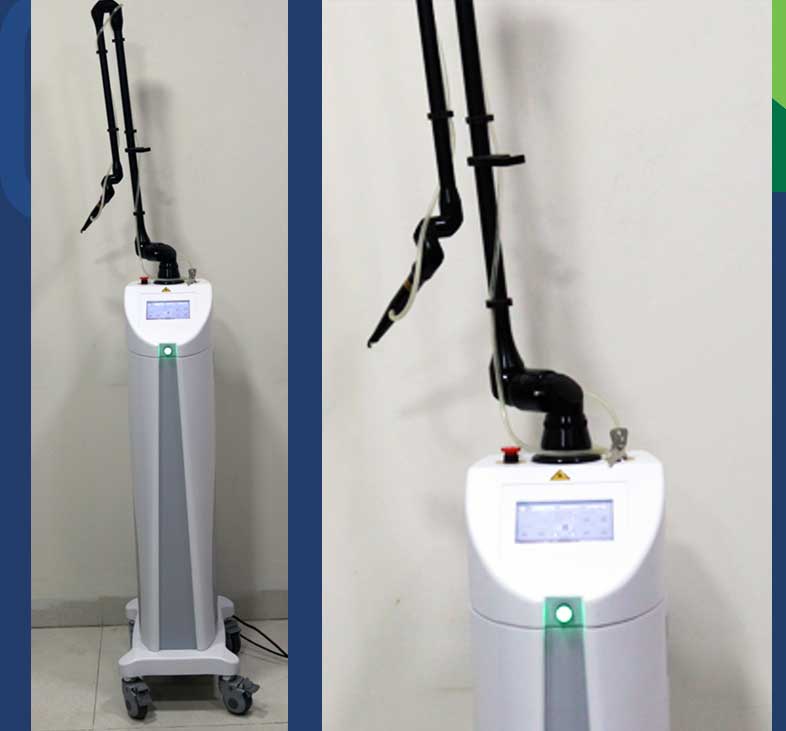Service Details
Oral & Maxillofacial Surgery
Wisdom Tooth Extraction:
Dento alveolar surgery is the most commonly performed surgical procedure by oral and maxillofacial surgeons. This refers to the surgical procedures associated with the dentate segment of the maxilla or mandible, termed the alveolar ridge. They include a variety of procedures ranging from simple tooth extractions, alveoplasty (recontouring of the alveolar bone), removal of tori, exposure of impacted teeth for orthodontic treatment, and extraction of impacted third molars. The origins and the current practice of oral and maxillofacial surgery is heavily based on dento alveolar surgery. Over 50 percent of the practice of oral and maxillofacial surgeons worldwide compromises dento alveolar procedures.
Tooth Extraction
Tooth extraction can be necessary in a number of cases. In particular, if your tooth is unrepairable due to severe decay, if you have larger sized teeth creating severe crowding and lack of space in the mouth, if you’re an immunocompromised patient, or if you have periodontally-involved teeth with a lack of bone support and severe mobility, you may need a tooth extraction.
Tooth Extraction to Address Crowding
The discrepancy between space in the dental arches and teeth sizes can create severe crowding. Extracting some of the teeth, typically bicuspid and wisdom teeth, to create more room can help facilitate the crowding correction.
Tooth Extraction Due to Periodontal Disease
Periodontally-involved teeth have mobility due to atrophy and loss of the jawbone that firmly holds the teeth. As the bacteria that causes infection and inflammation of the gums become more aggressive and contributes to more mobility of the teeth due to bone loss, there will be a point of no return where restorative options are no longer a choice and the patient will need to have the teeth extracted to eliminate the infection and create a healthier mouth.

Our Services
- Tooth Extraction
- Third Molar Tooth Extraction
- Wisdom Teeth Extraction
- Maxillofacial Trauma Management
- Biopsy
- Oral Cancer Surgery
- Temporomandibular Joint Pain Management
- Laser Assisted Oral Surgery
.

Technology We Use
Among all lasers with generally accepted surgical capabilities, the diode laser is most commonly used for the surgical removal of proliferating lesions and the photocoagulation of venous malformations of the oral cavity. The laser provides several advantages for clinicians, including an absence of intraoperative bleeding and no need for stitches.
The laser benefits patients because it reduces postoperative edema and pain, with fast mucosal restoration during healing by second intention. We report a case series to highlight the capabilities of the diode laser in oral surgery procedures along with our suggestions.
